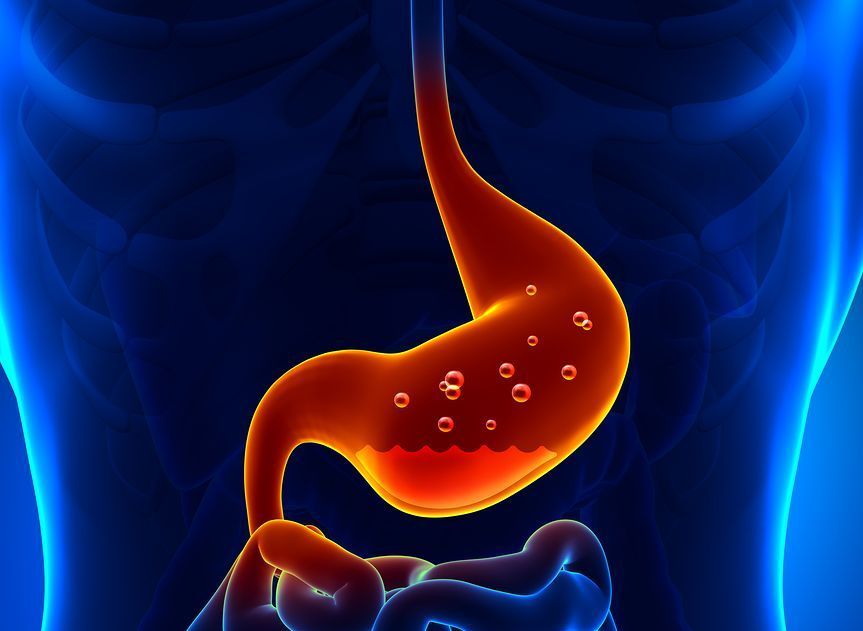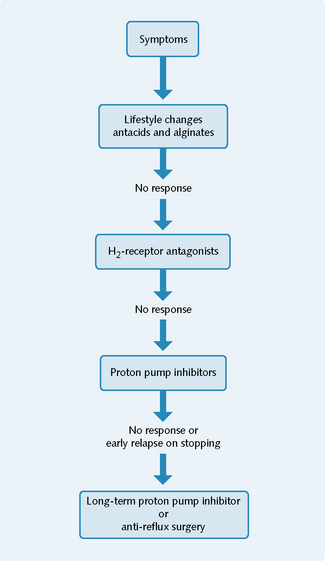

If you’re waking up every night with acid in your mouth, or you’re a singer and your voice keeps failing, your quality of life can be severely impacted.īecause you may find that conventional treatments don’t work for you, or a definitive diagnosis is not reached, it’s quite usual to feel frustrated. There is often a gap between how doctors assess the impact of reflux on their patients and how you might feel when suffering from reflux every day. This can cause symptoms such as irritable bowel syndrome (IBS) and can exacerbate reflux symptoms, causing bloating and belching. Furthermore, PPIs are known to affect the gut microbiome, sometimes causing growth of abnormal microorganisms in the small bowel, known as SIBO. PPIs can cause side effects and you may feel uncomfortable about taking drugs for what may be many years. If you have lpr symptoms, you’re more likely to experience continuing symptoms even with high doses of PPIs (this is true in perhaps 80% of cases). However, overall these don’t work adequately in 20-30% of people, probably because they only affect acid and don’t neutralise other elements of stomach contents that can cause reflux such as pepsin and bile. These are very powerful antacids and, in some people, can be very effective. More often, powerful drugs known as proton pump inhibitors (PPIs) such as Omeprazole are prescribed. The options include alginates, such as Gaviscon, which coat the oesophagus and protect it from stomach juices. These can include changes to diet, losing weight and avoidance of eating late, to name just ta few. Once other causes of symptoms have been excluded, lifestyle modifications will be suggested. It’s important that if you develop new symptoms, you seek medical advice and undergo tests to exclude other potentially serious illnesses, including cancer.

The priority is to reach the right diagnosis.

Reflux can also cause respiratory problems, such as asthma. So, for instance, the only problem might be a cough or voice problems without any associated heartburn. These throat symptoms may occur in isolation. For instance, as many people experience throat symptoms (known as ‘silent reflux’ or ‘lpr’) as suffer from the more commonly cited symptom of heartburn. The list above exemplifies that reflux can cause a wide variety of symptoms, and sometimes other conditions can cause similar problems. Why is acid reflux often so difficult to treat? Some of the most common symptoms include: However, experiencing significant symptoms associated with reflux two or more times per week is not normal, in which case you may well be suffering from gastro-oesophageal reflux disease (GORD).

Many people will have occasional reflux symptoms without having reflux disease. What are the most common symptoms of acid reflux? In reflux disease, this valve fails and the substances including acid will irritate and even burn the oesophagus and other organs. This is normally prevented by a valve mechanism at the bottom of the oesophagus, the lower oesophageal spincter (LOS). Gastro-Oesophageal Disease is caused by reflux of acid, pepsin, bile and other substances which naturally occur in the stomach contents, travelling from the stomach into the oesophagus, throat, mouth and even lungs. What is Gastro-Oesophageal Disease (acid reflux)? In this article Mr Nick Boyle – one of the UK’s leading experts in the treatment of reflux – talks about reflux disease, and why the diagnosis and treatment of this common problem requires a multidisciplinary approach.


 0 kommentar(er)
0 kommentar(er)
